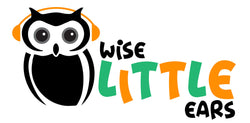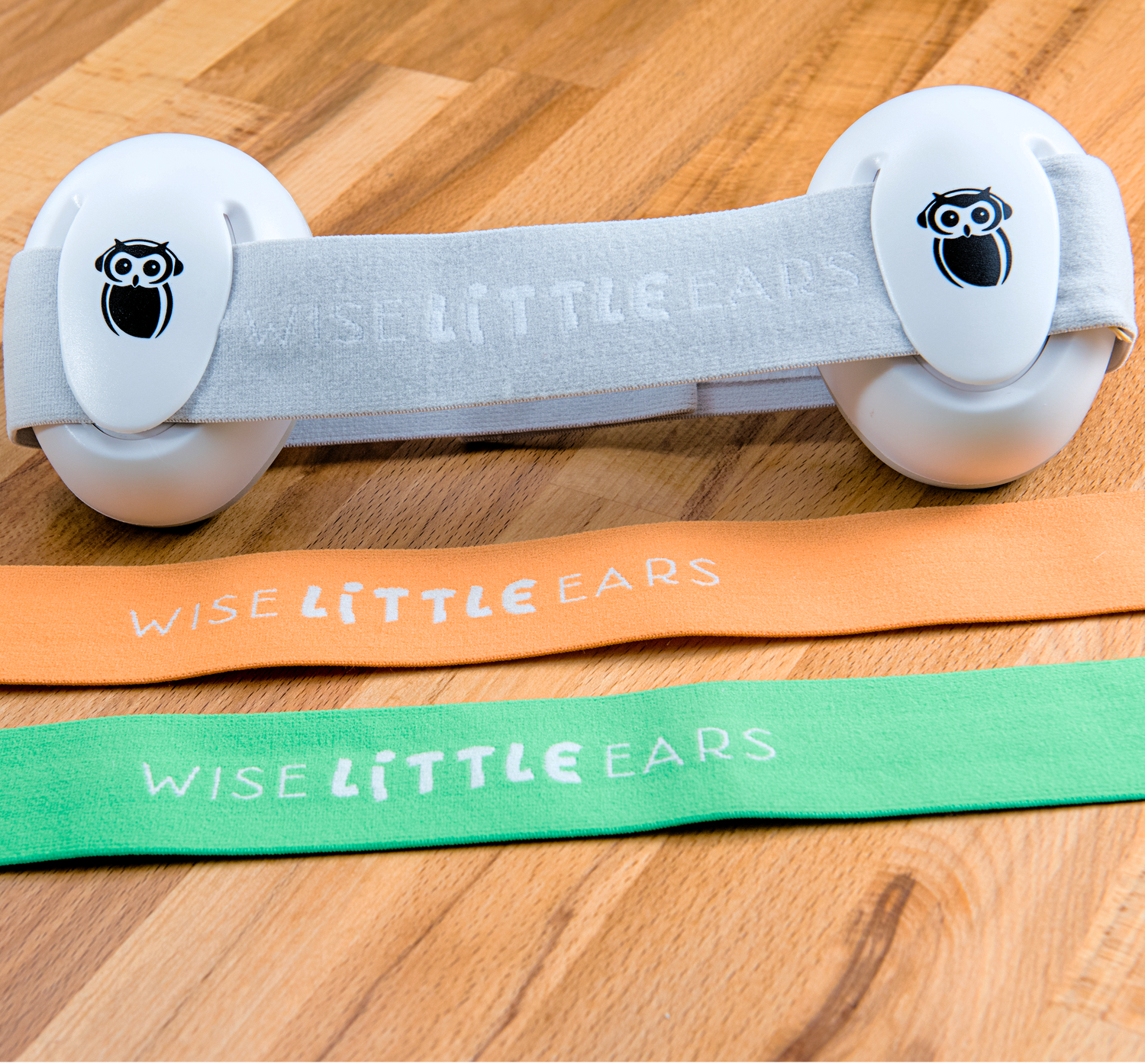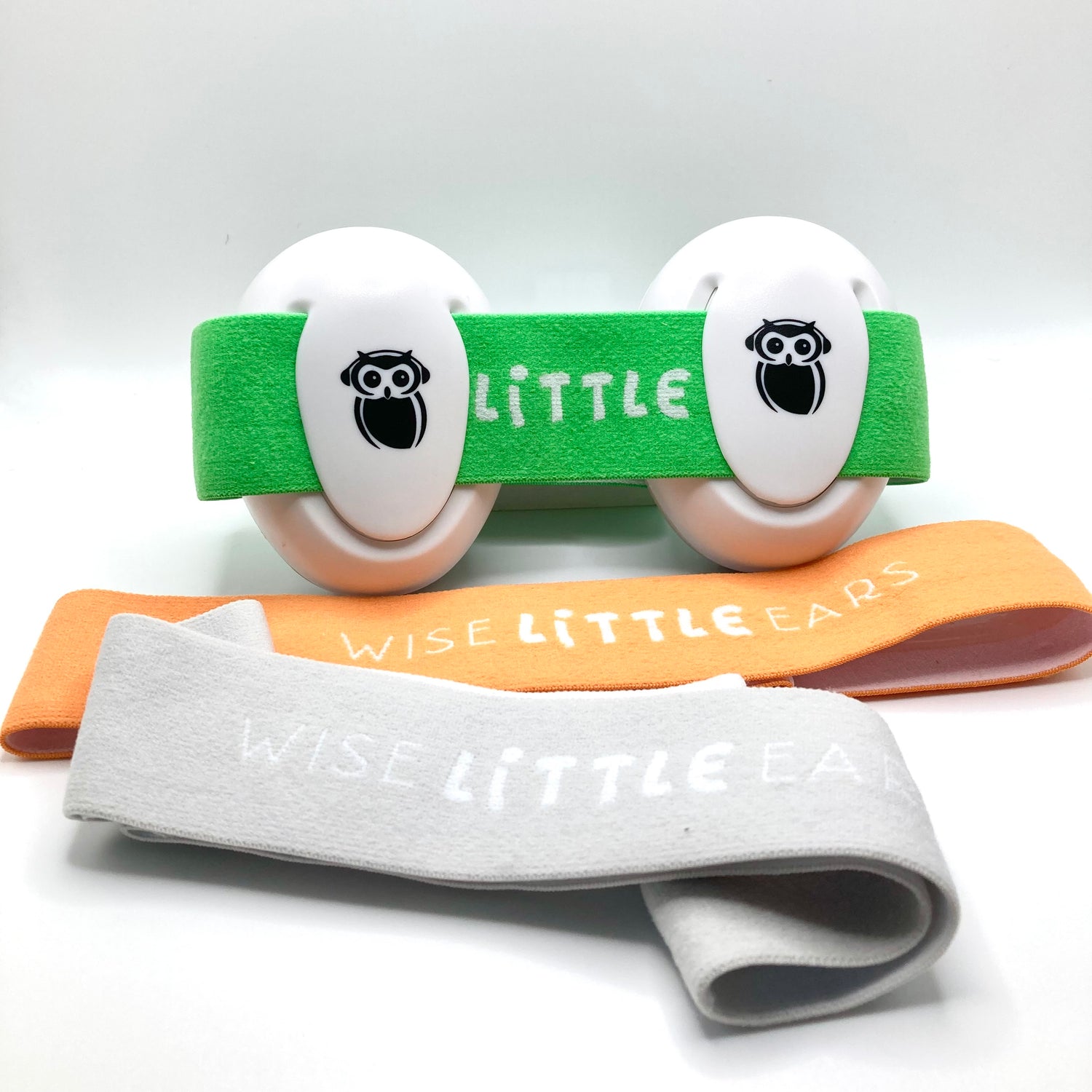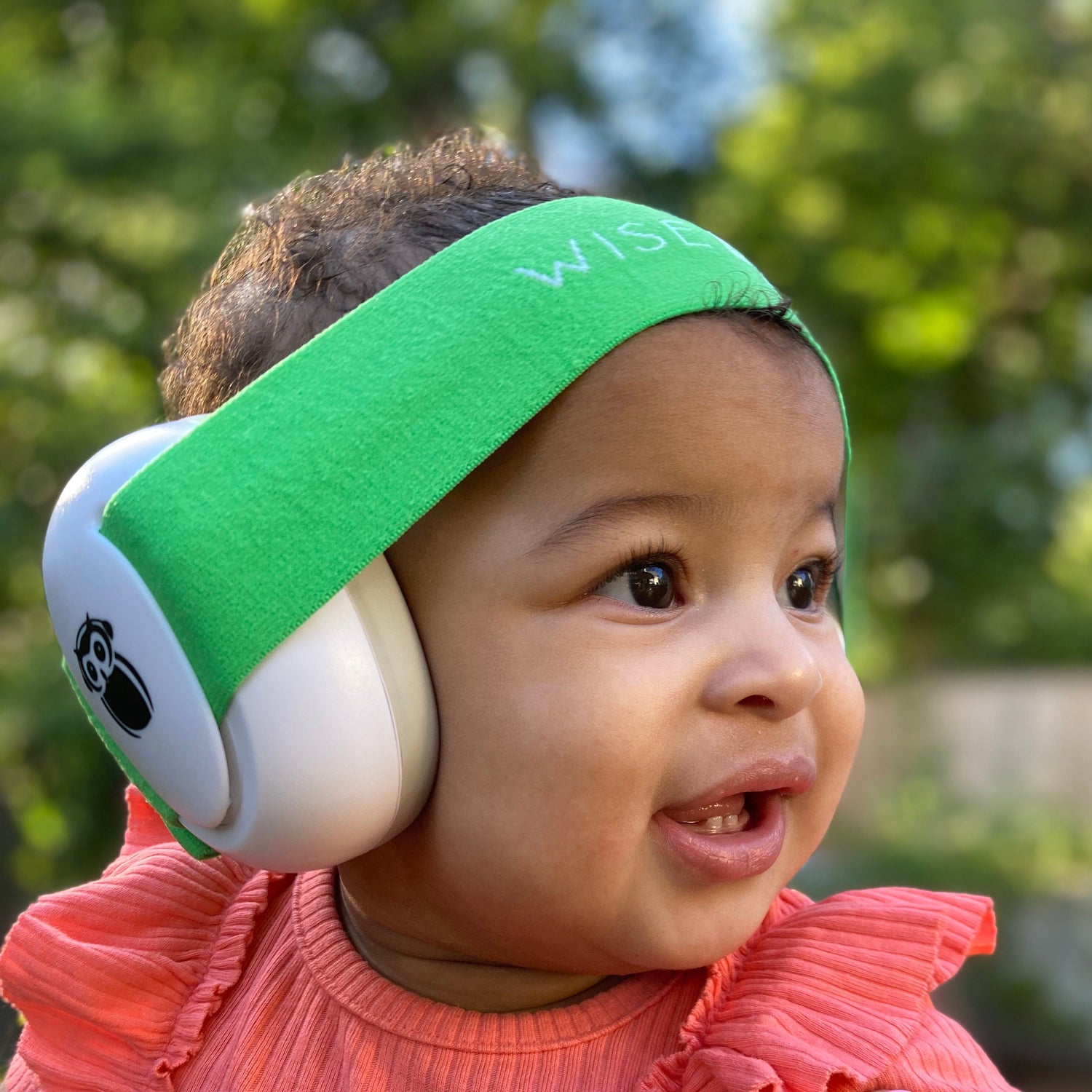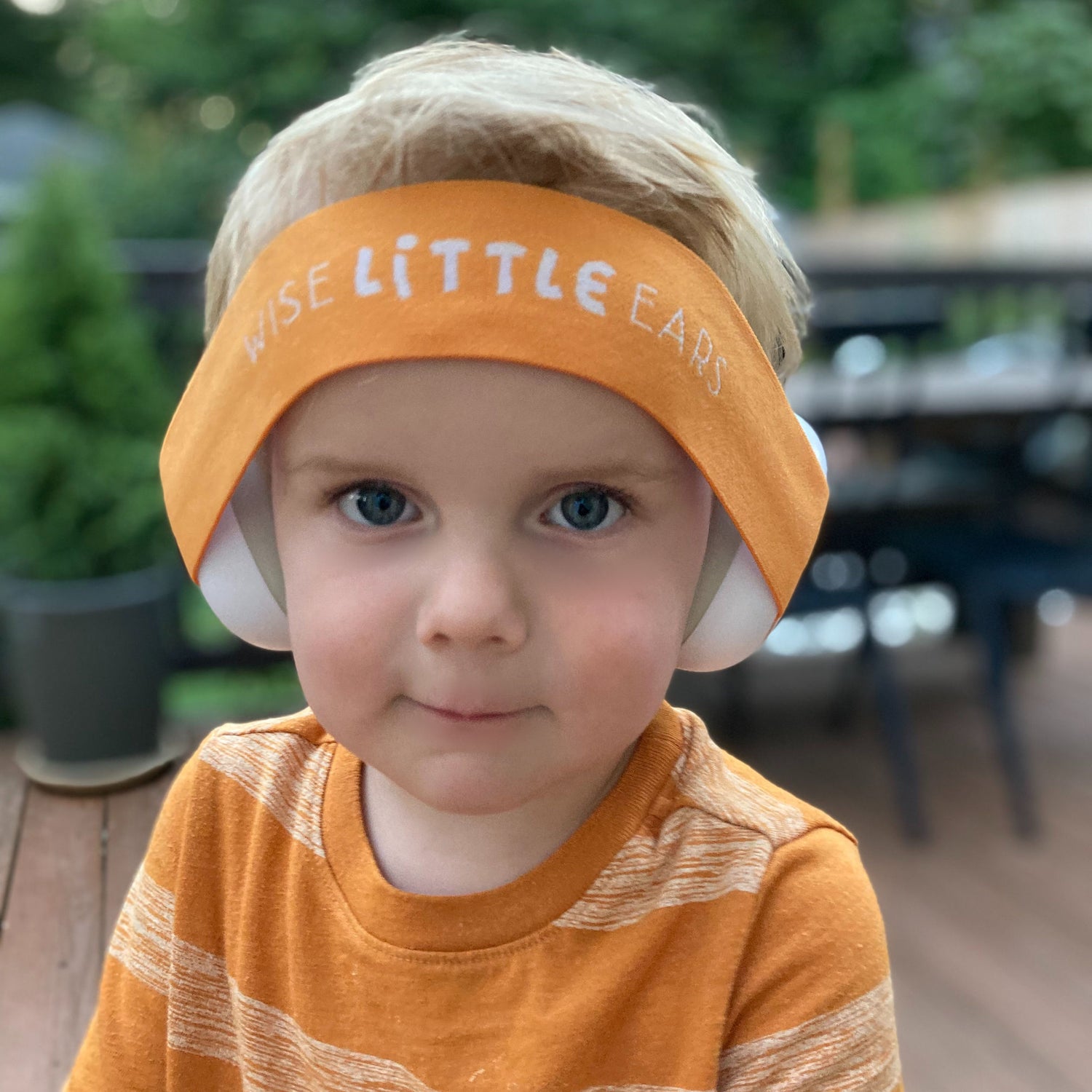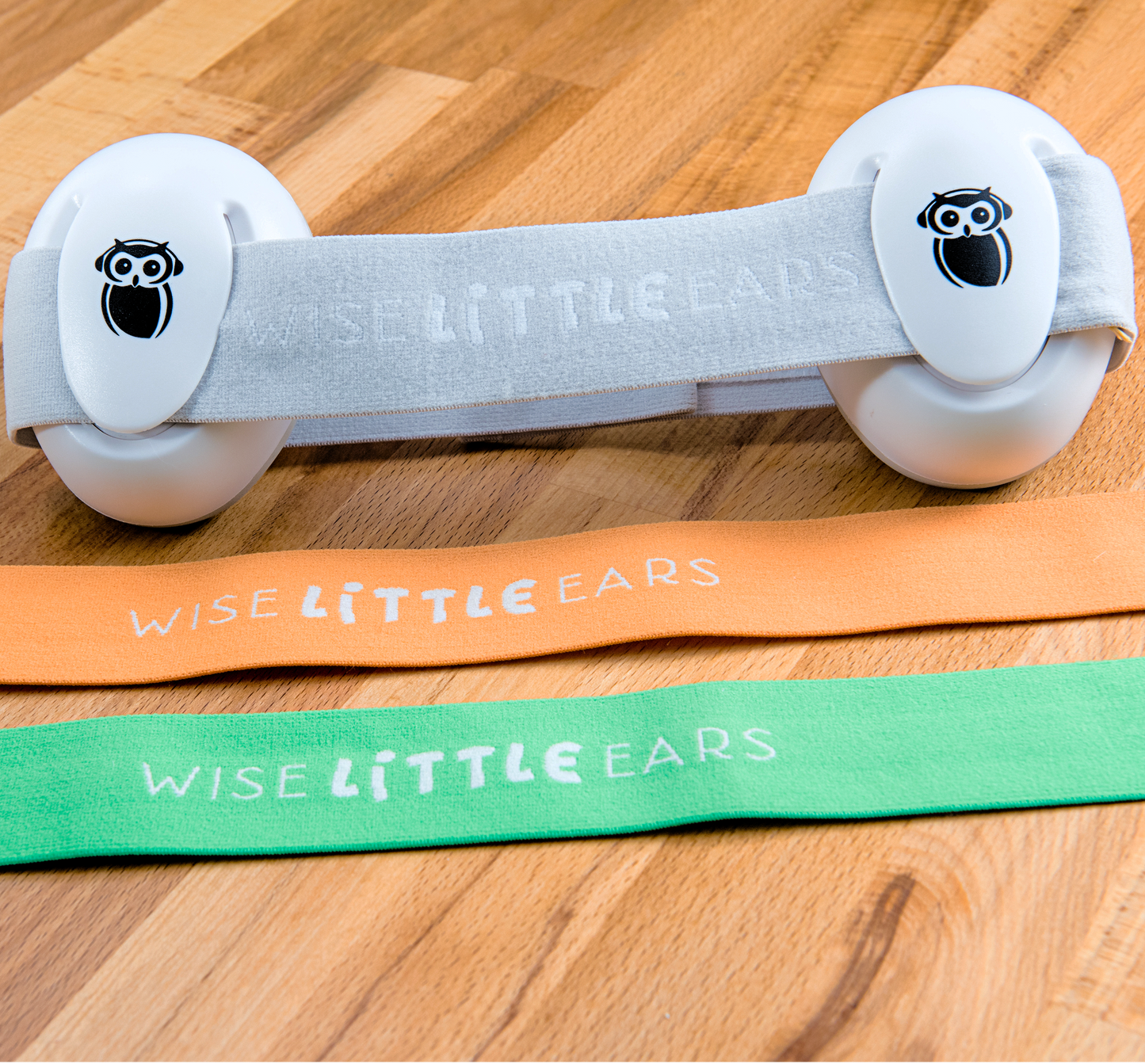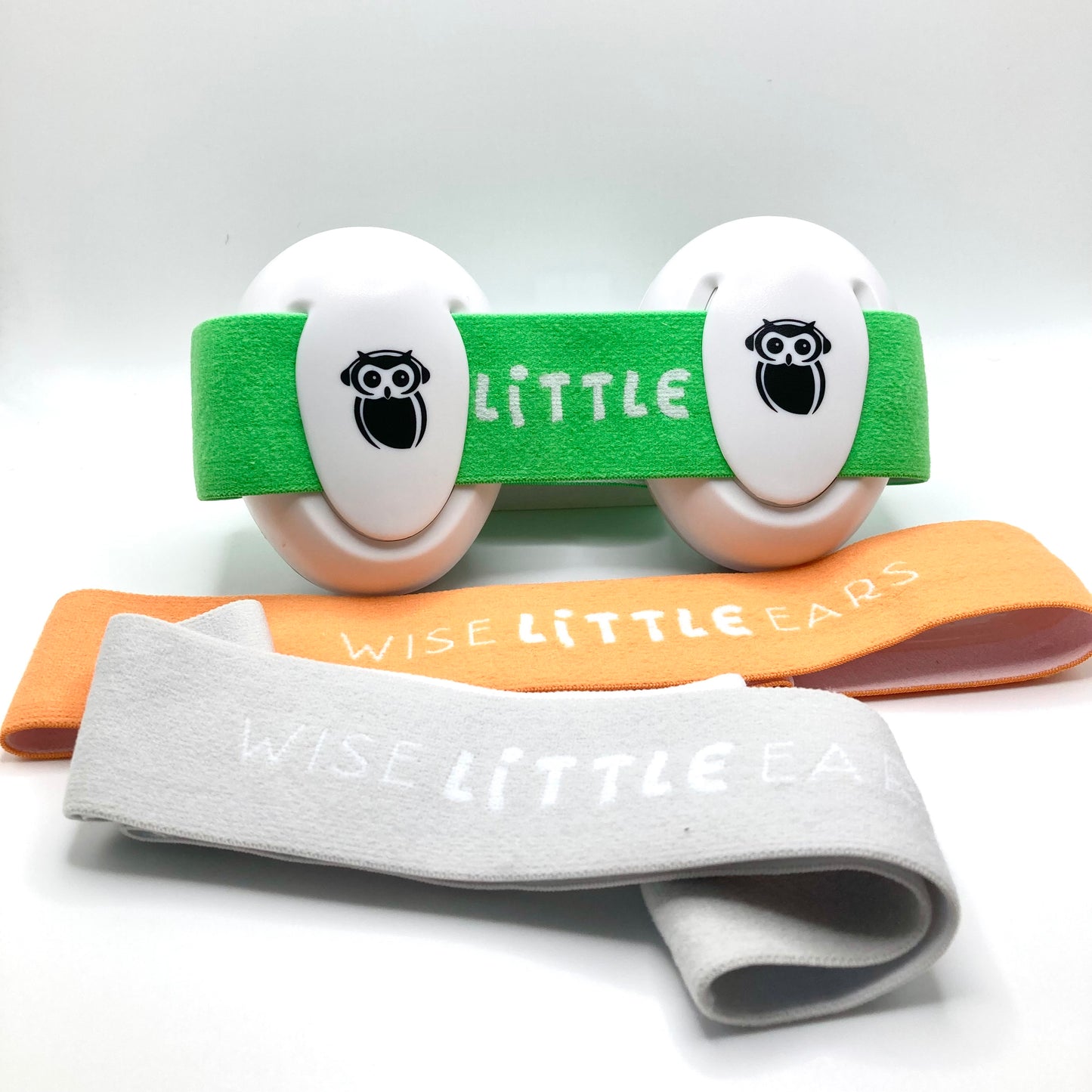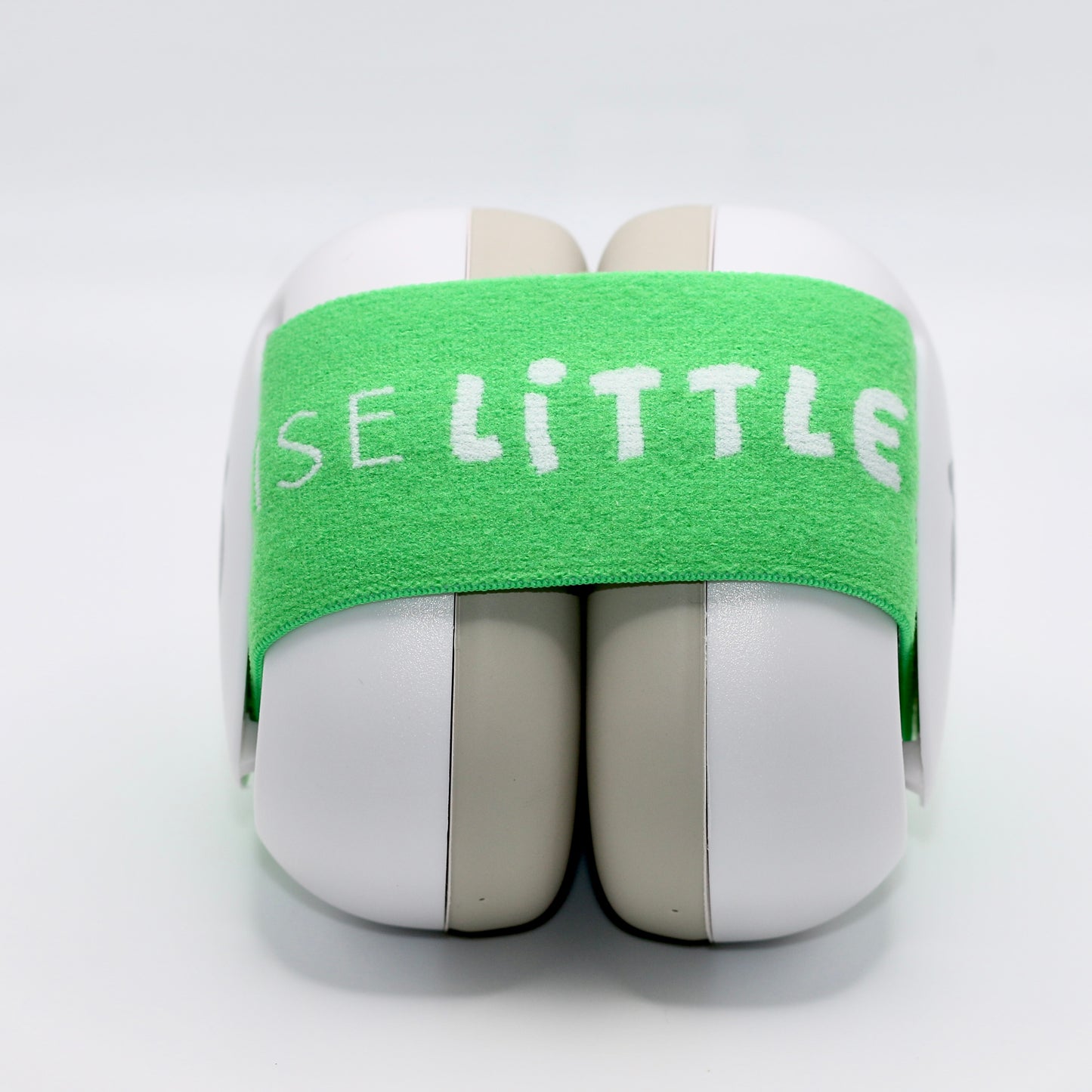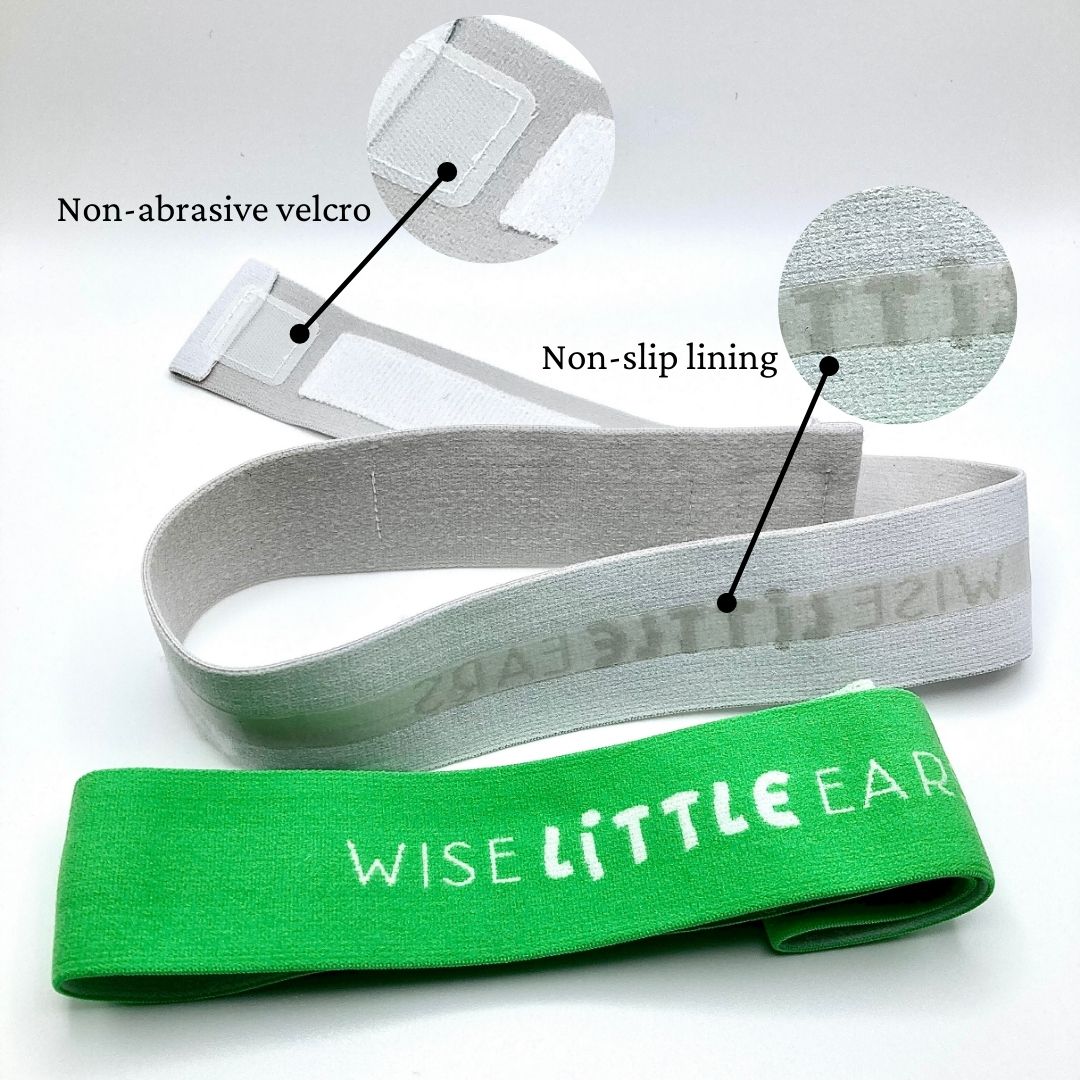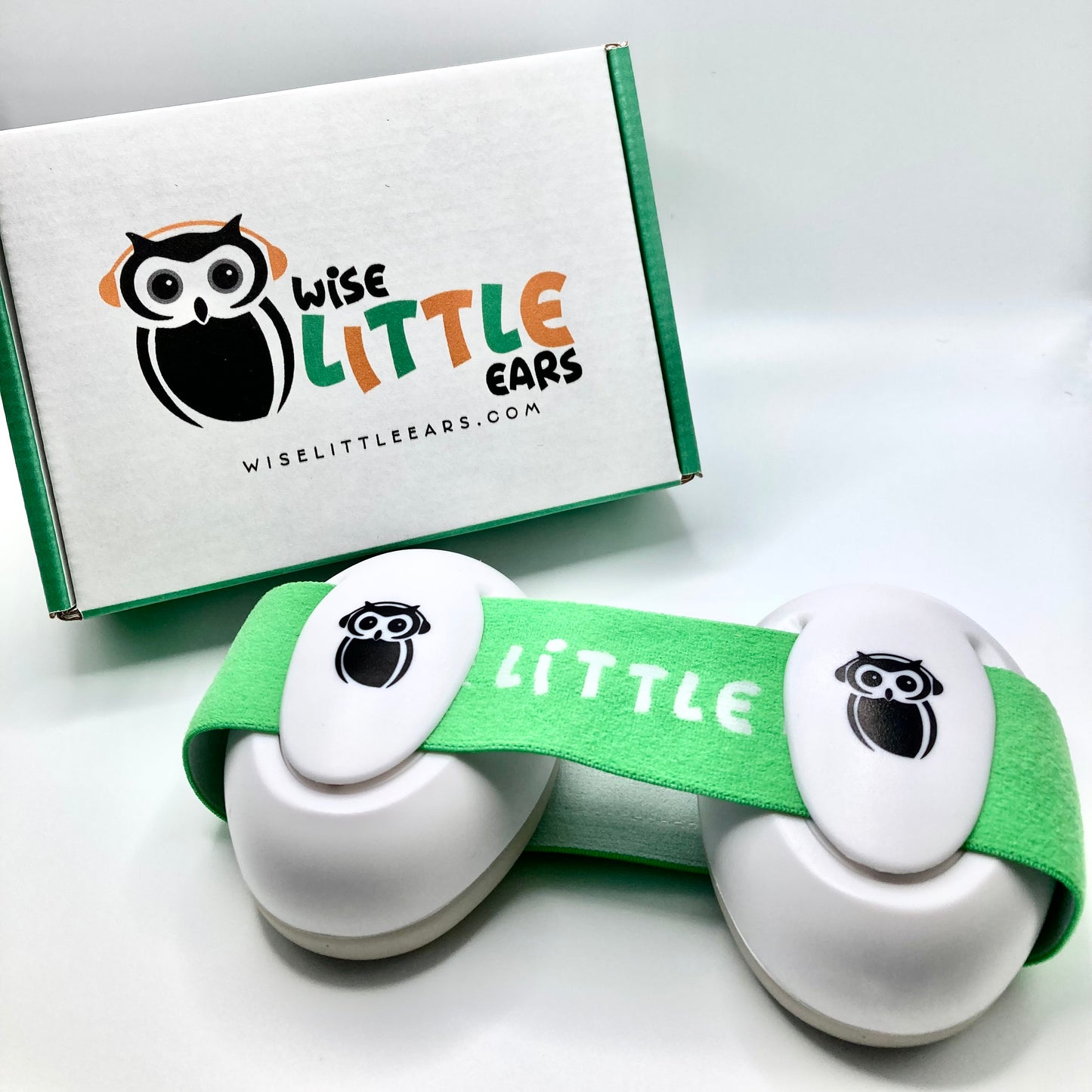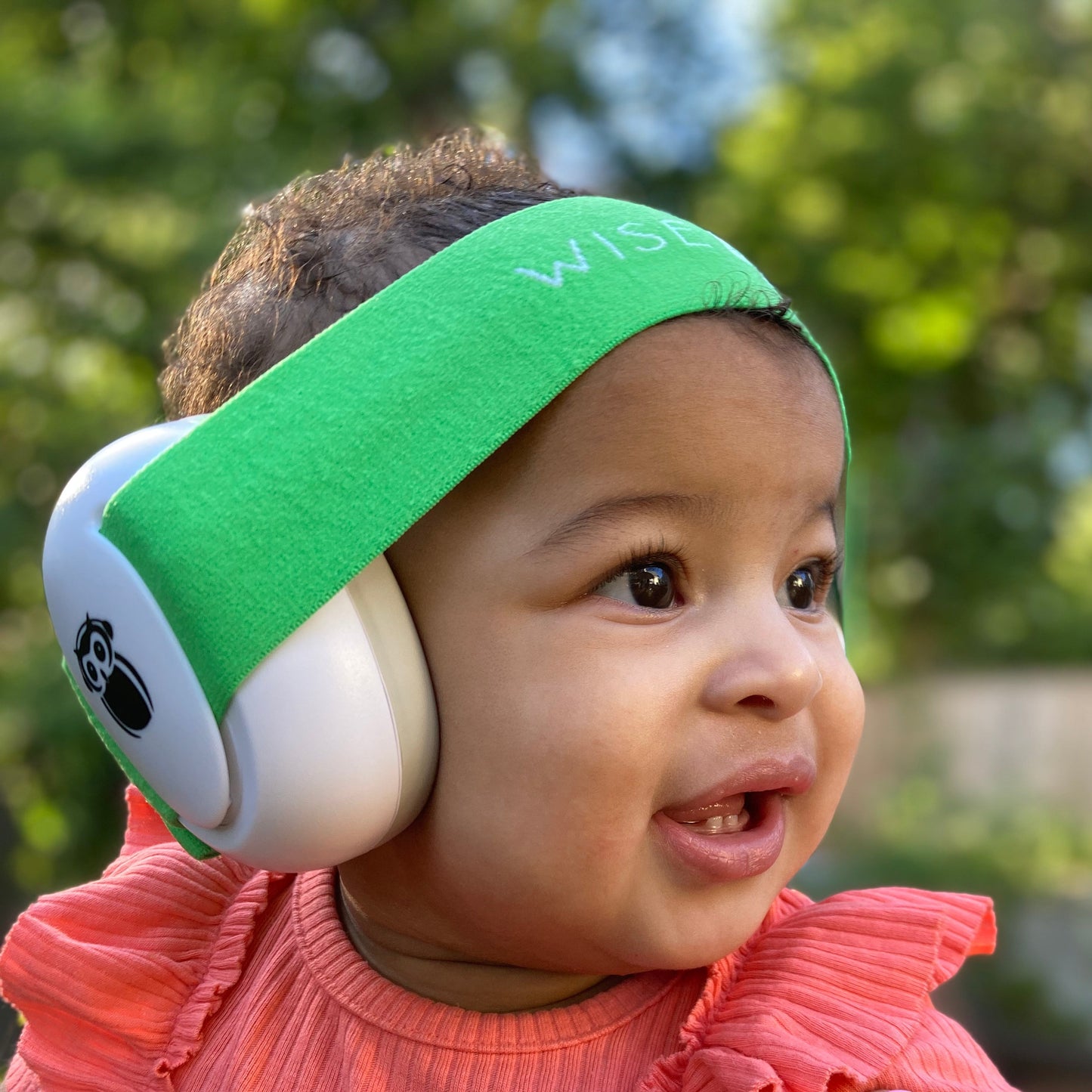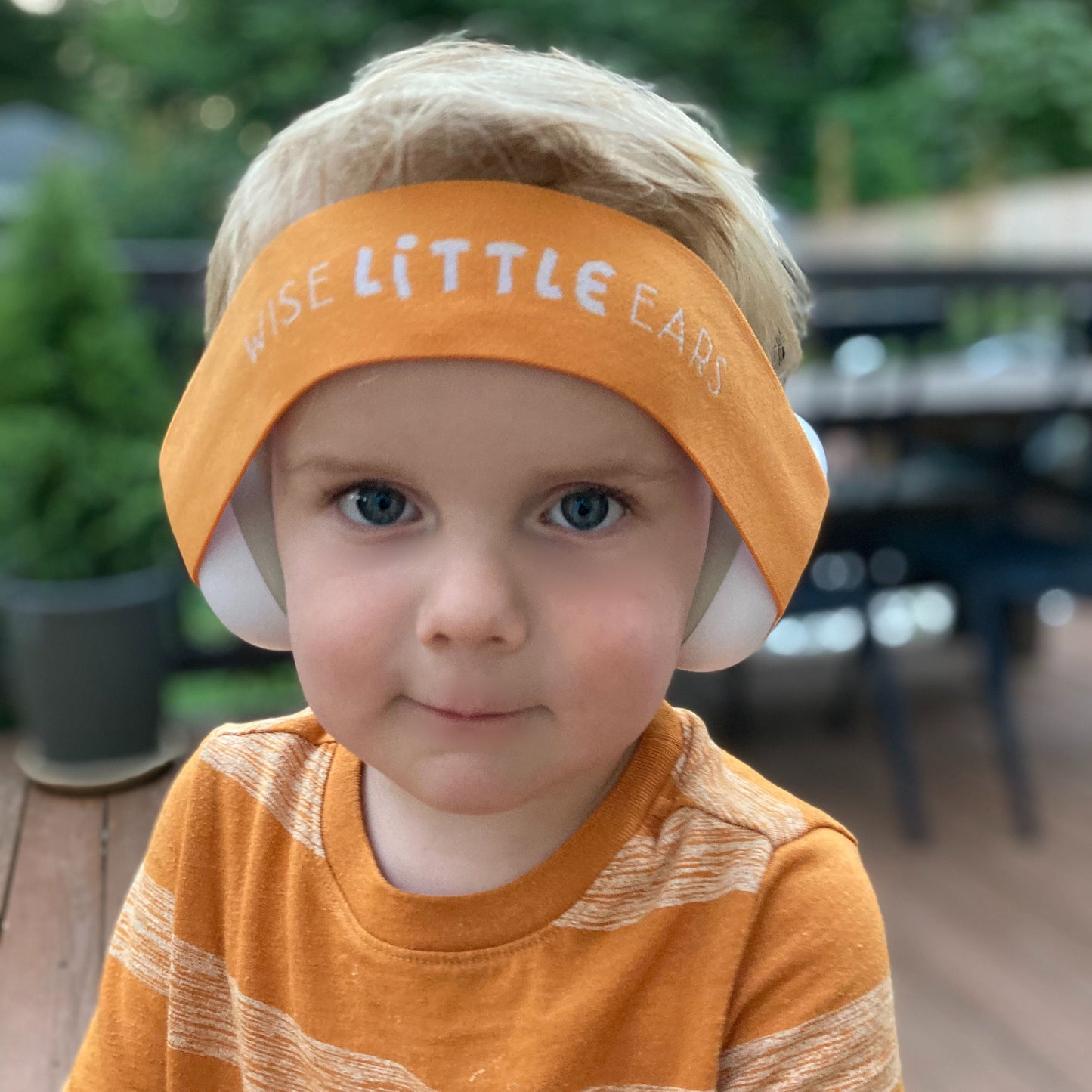Nothing says “celebration” quite like a fireworks show. These colorful, thunderous explosions have become synonymous with everything from sporting victories to holidays, however, what many of us don't realize, is that these stunning displays can pose a serious threat to our children's hearing. The decibel levels generated by fireworks can reach alarming heights, potentially causing irreversible damage to delicate ears.
Can the decibel levels at firework shows really harm my child’s hearing?
A resounding YES! With decibel levels ranging from 150 to 175 dB at close distances, fireworks easily surpass the accepted safe noise threshold of 85 dB for extended exposure. The intense noise generated by fireworks can harm the sensitive structures within the inner ear, leading to temporary or even permanent hearing loss. Furthermore, the impact of these sounds are amplified in little ears. What’s loud to adults is perceived even louder to children. This is because children’s ear canals are smaller in diameter and therefore the sound pressure is greater, making fireworks, or any loud noise for that matter, more uncomfortable and poses a greater risk for hearing damage. Damage to hearing caused by noise is cumulative over a lifetime and doesn’t go away, so it’s crucial to understand the risks of noise exposure and take necessary precautions to safeguard your child’s hearing, whether it’s at a fireworks display, concert or on a visit to the fire station.
Recommendations to protect your child's hearing:
- Stay away from the launch zone. One of the simplest, yet most effective ways to reduce the risk of hearing damage is to keep your child at a safe distance from the most intense part of the fireworks show. By moving further away, you will significantly decrease the risk for hearing damage, while also providing a more comfortable environment for your child to enjoy the event.
- Invest in Wise Little Ears brand hearing protection. Not all hearing protection is created equal, and not all hearing protection is specially designed for children and babies. In addition to offering effective noise protection, Wise Little Ears brand hearing protection is comfortable, adjustable, and pretty cute (if we do say so ourselves). We know that your child’s willingness to wear hearing protection is the key factor in effectiveness, and that bulky, ill-fitted hearing protection just doesn’t get the job done.
- Prepare your child for what to expect at firework displays. Talk to them about the loud, intense, and surprising sounds that fireworks make. If your child is uncomfortable or scared, acknowledge that fear. Firework shows are designed to enchant and excite, but it’s okay if your child is not ready or if they need to take breaks. If your child is reluctant to wear hearing protection, read our article on ending earmuff battles. And make sure the whole family has hearing protection so that they see that they are in good company
Fireworks displays are dazzling, yes, but they are also a risk. It's our responsibility as parents and caregivers to take proactive measures to protect our kid’s delicate ears. By following the recommendations mentioned above—moving away from the launch, investing in child-specific hearing protection, and preparing them for the experience—we can give ourselves some piece of mind and help our children celebrate safely and comfortably.
Children aren’t the only ones at risk of hearing loss from loud fireworks. Because we care about all ears, here are a few wise tips for the adults:
- Move away from the launch site.
- Bring hearing protection.
- Know what to expect.
Sound familiar!? No matter your age, reducing the amount of sound that enters your ears is the only way to prevent hearing damage caused by loud noise. It’s easy if you make it a habit, and modeling safe hearing practices to your children is one of the best ways to ensure that they will make protecting their own hearing a priority.
- Ringing in the ears
- Feeling like your ears are plugged
- Speaking loudly or shouting after being in a loud space
- Sensitive hearing (everything is too loud)
These symptoms may be temporary or persistent, so it is always important to consult with a medical provider if you are experiencing any of the hearing loss signs listed above.
Happy Listening!!
Mabel and Lara
